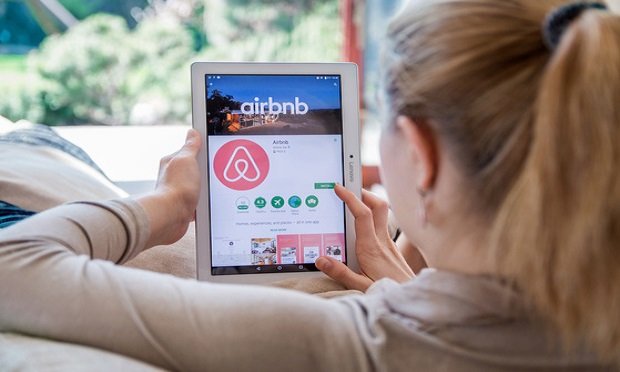 Digital platforms such as Airbnb and Vrbo make it simple to rent out properties, but there are some key questions owners must ask to make sure they have sufficient insurance. (Photo: Daniel Krason/Shutterstock.com)
Digital platforms such as Airbnb and Vrbo make it simple to rent out properties, but there are some key questions owners must ask to make sure they have sufficient insurance. (Photo: Daniel Krason/Shutterstock.com)
As the world springs back to life post-pandemic, the vacation and secondary home markets are surging and shifting. Vacationers, still bound by international travel restrictions, are looking to holiday nearer to home now they can travel more freely and safely in the USA. Also, the "work-cation" is gaining momentum as semi or permanently remote workers look to take advantage of the flexibility of working from anywhere. As a result, they are either looking to buy second homes of their own or stay in short-term rental accommodation for longer periods of time.
Recommended For You
Want to continue reading?
Become a Free PropertyCasualty360 Digital Reader
Your access to unlimited PropertyCasualty360 content isn’t changing.
Once you are an ALM digital member, you’ll receive:
- Breaking insurance news and analysis, on-site and via our newsletters and custom alerts
- Weekly Insurance Speak podcast featuring exclusive interviews with industry leaders
- Educational webcasts, white papers, and ebooks from industry thought leaders
- Critical converage of the employee benefits and financial advisory markets on our other ALM sites, BenefitsPRO and ThinkAdvisor
Already have an account? Sign In Now
© Touchpoint Markets, All Rights Reserved. Request academic re-use from www.copyright.com. All other uses, submit a request to [email protected]. For more inforrmation visit Asset & Logo Licensing.







